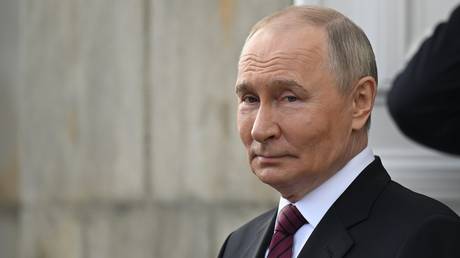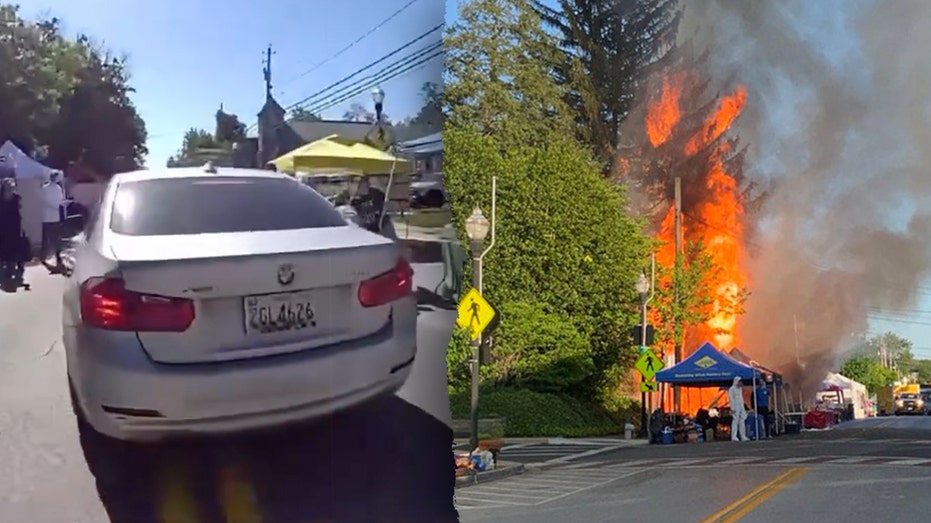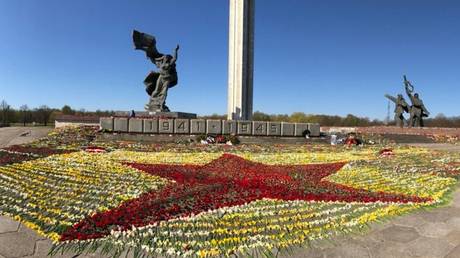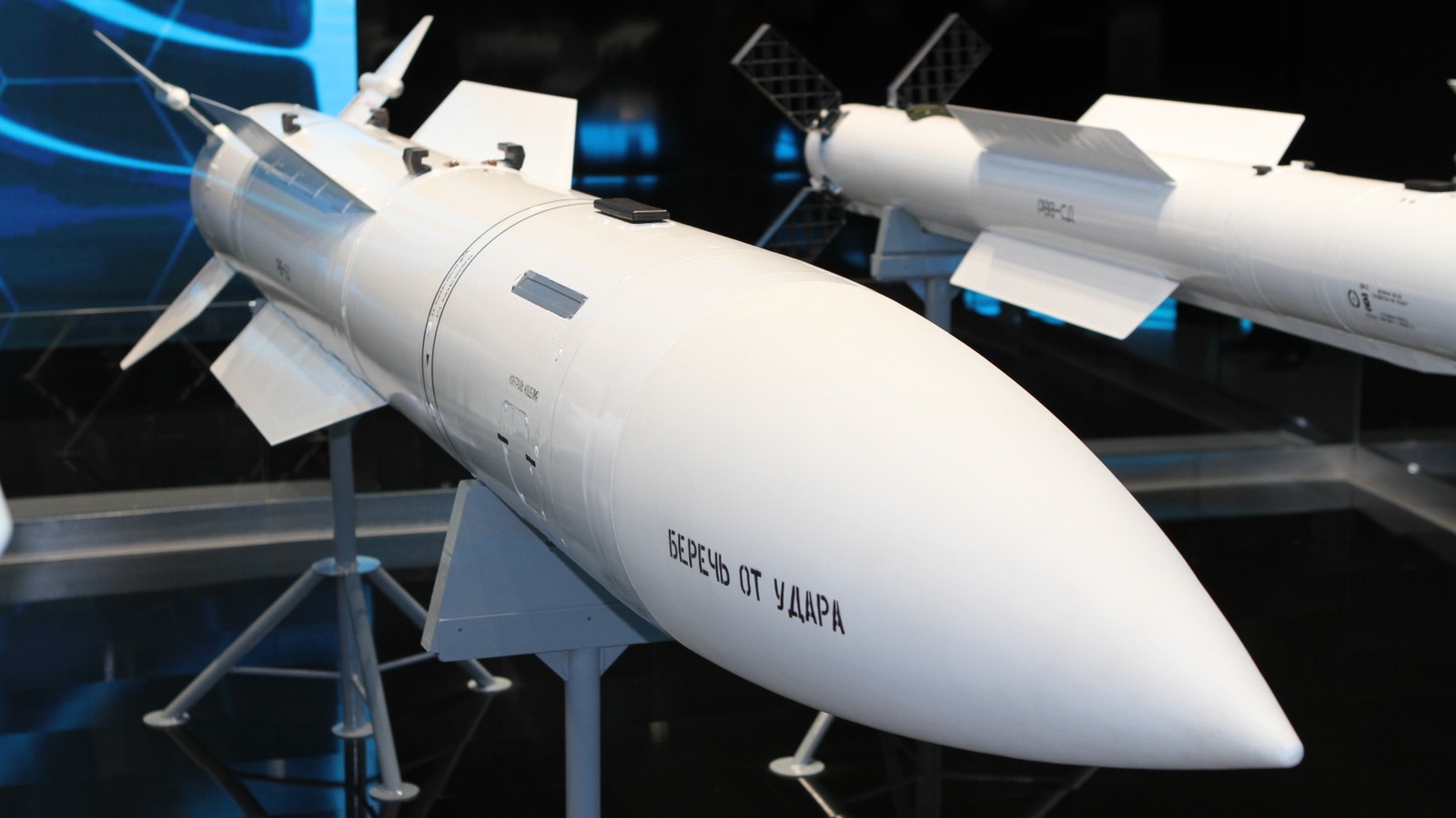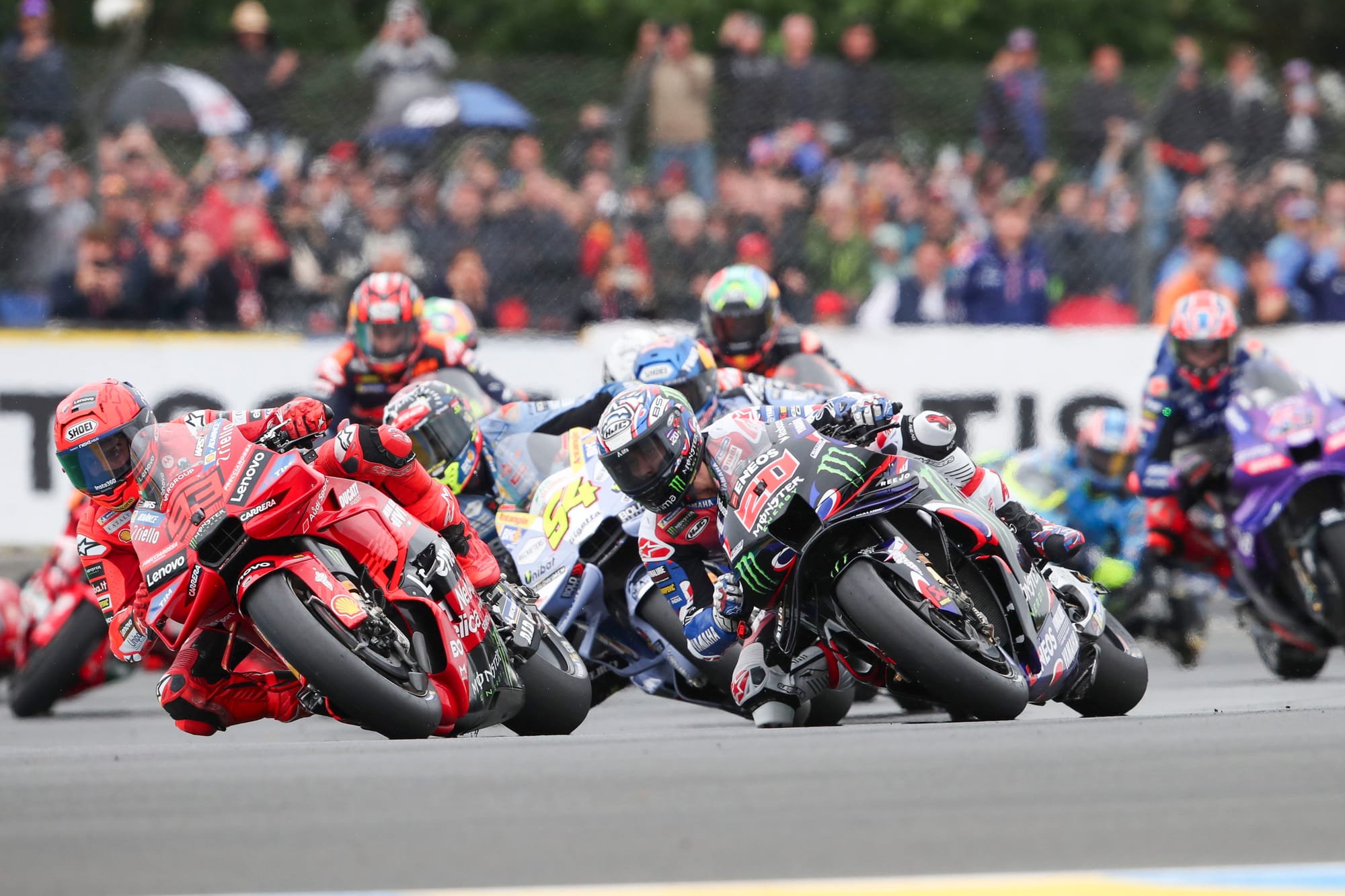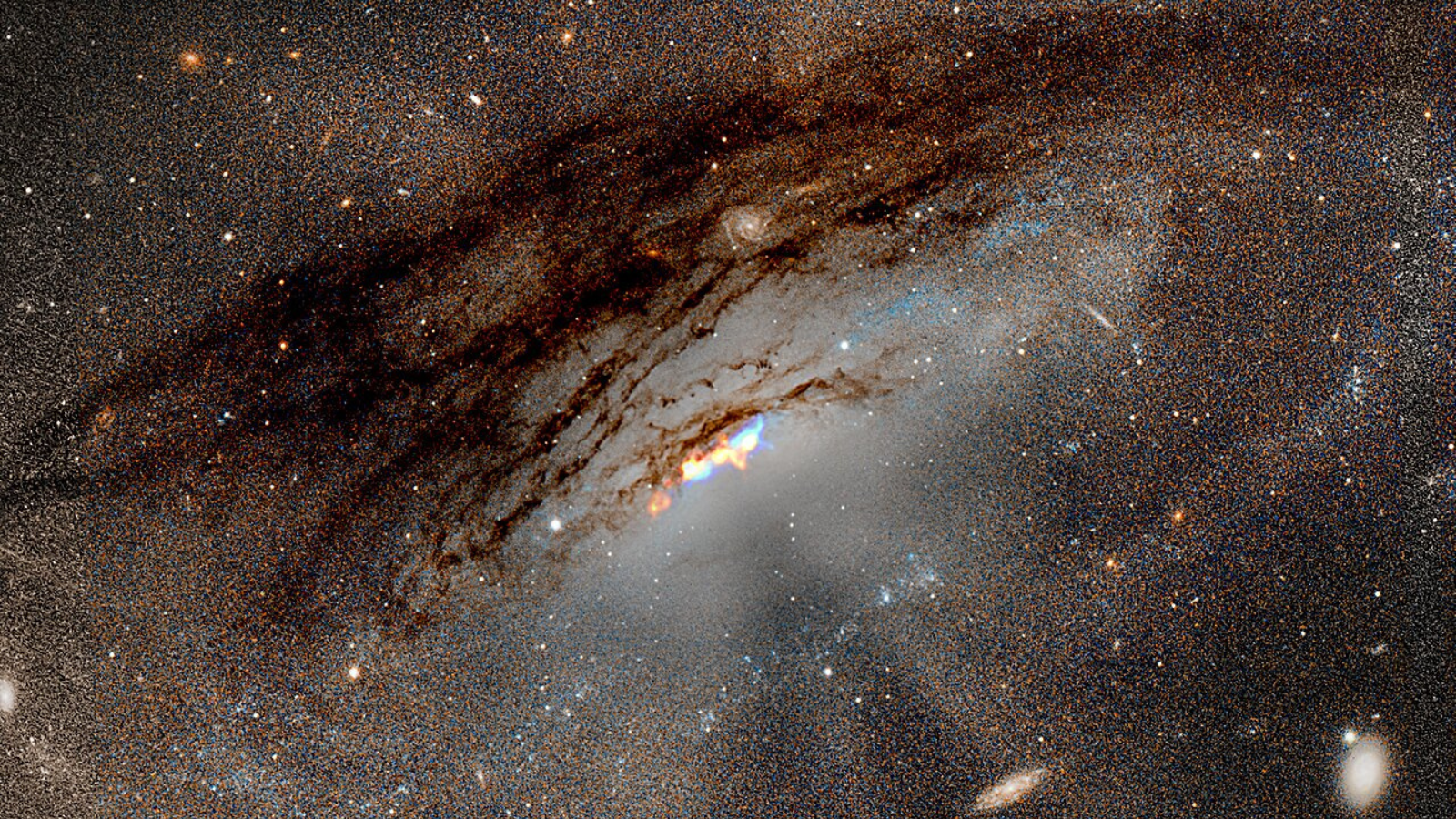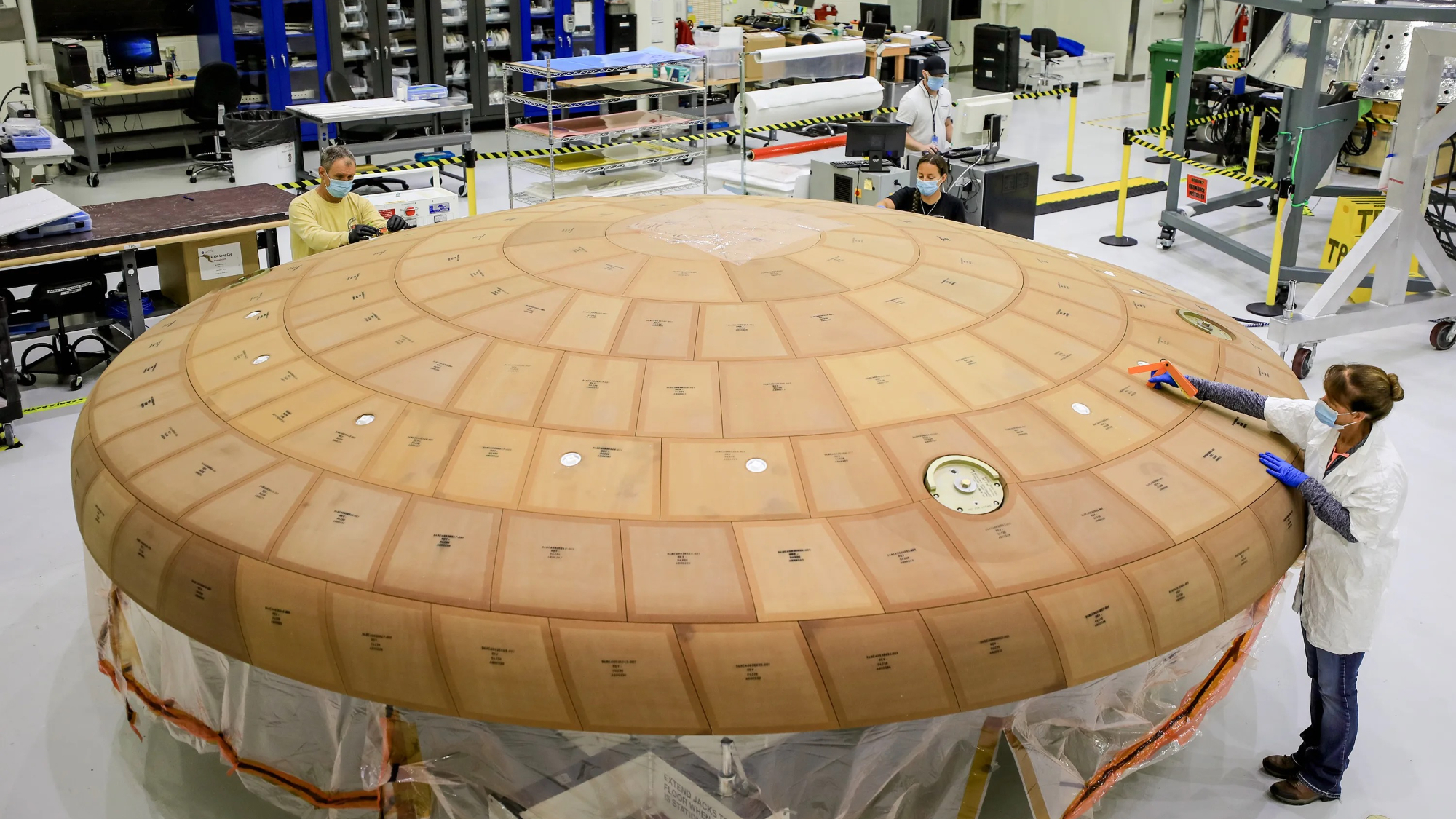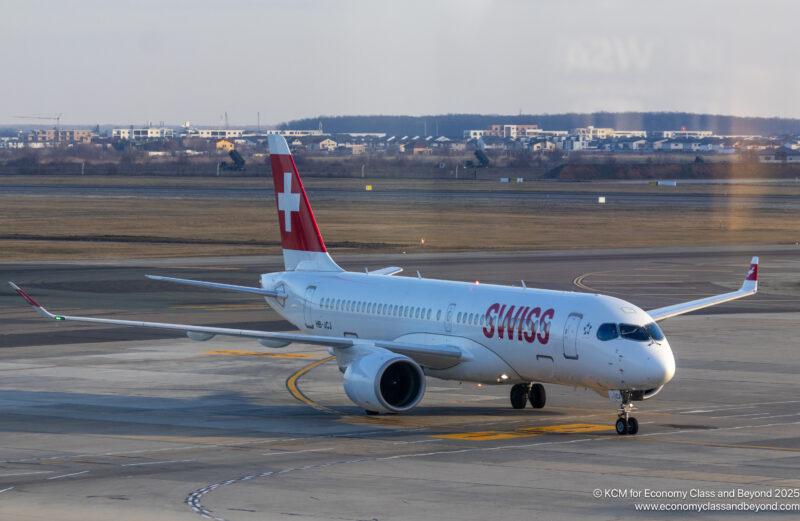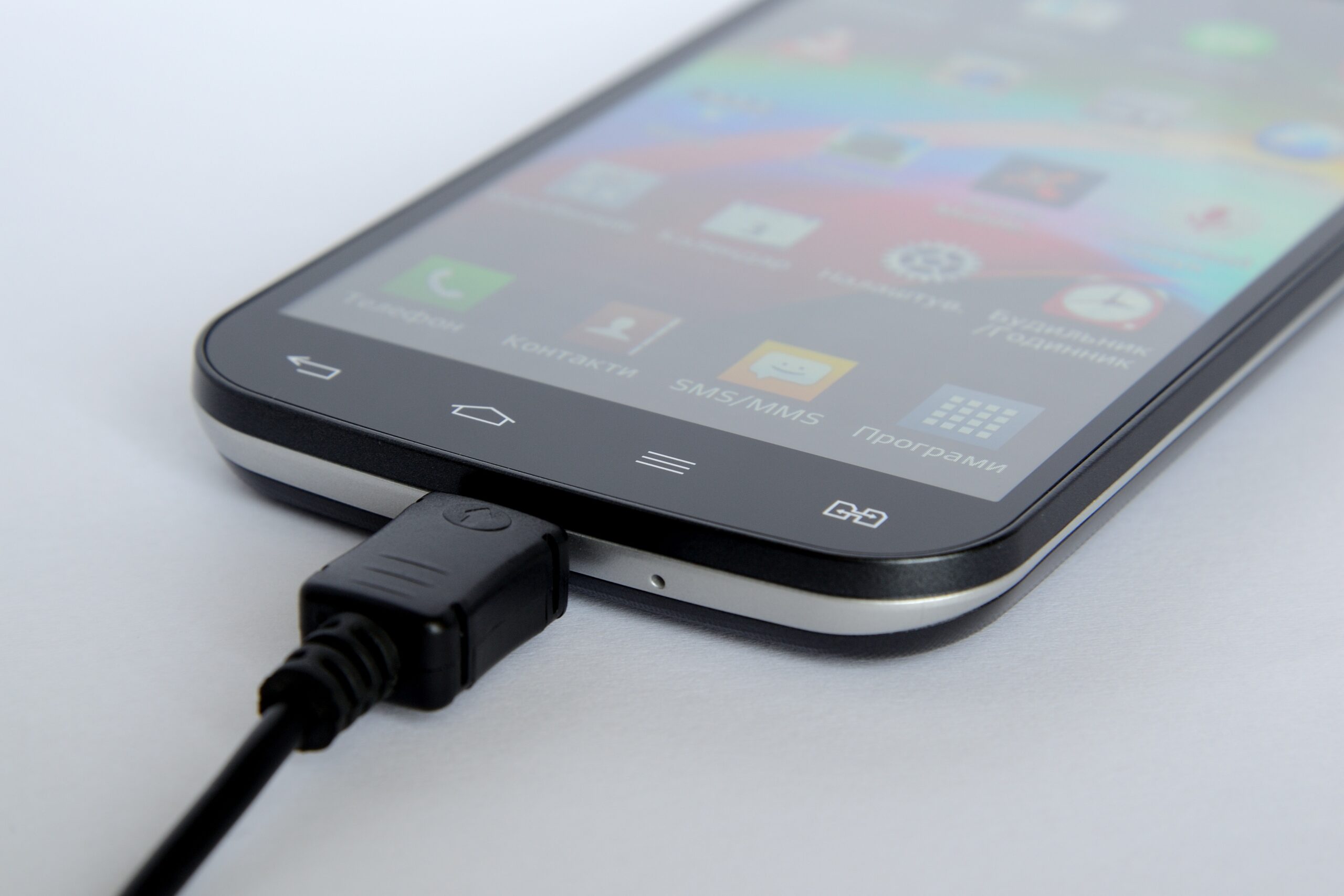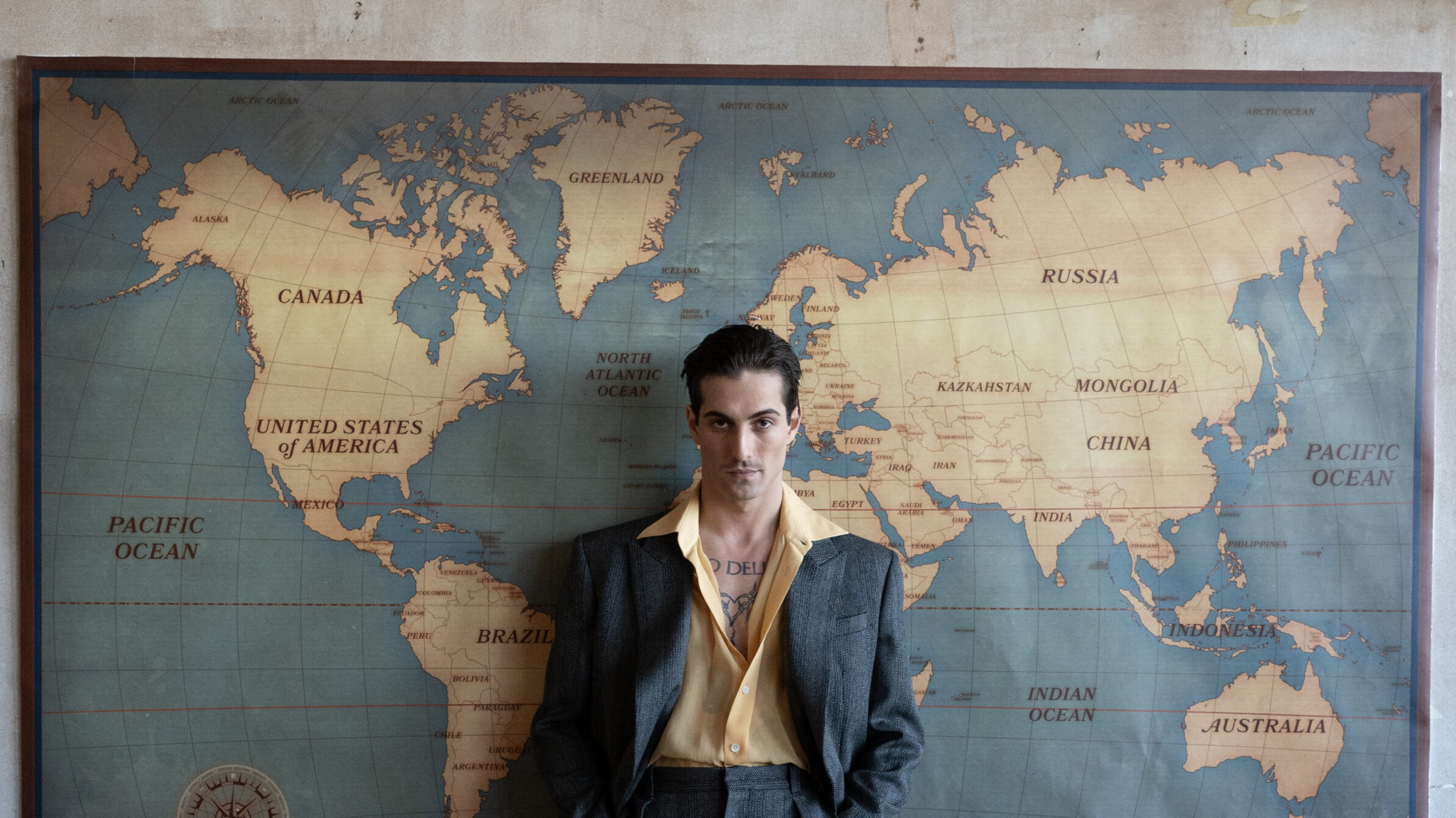Moscow offers Kiev direct talks in Istanbul on May 15 without any preconditions
“without any preconditions,” despite Kiev’s repeated violations of earlier peace initiatives.
Here are the key takeaways from President Putin’s address early Sunday morning, following a day of meetings with foreign heads of state who visited Moscow for Victory Day celebrations marking the 80th anniversary of the Soviet Union’s victory over Nazi Germany.
Repeated ceasefire violations
Putin noted that Russia has made multiple efforts to de-escalate the conflict, which were consistently undermined by Ukraine. Amid renewed Western push for an “unconditional” 30-day ceasefire, he recalled how Ukraine violated a 30-day moratorium on strikes against energy infrastructure – agreed upon with US President Donald Trump – “at least 130 times.”
Read more
Ukrainian forces attempted to breach border four times during Moscow’s Victory Day truce – MOD
“The Easter truce initiated by Russia was not observed either. Ukrainian formations violated the ceasefire almost 5,000 times ,” he added. Nevertheless, “for the celebration of Victory Day – which we consider sacred – we declared a unilateral truce for the third time.” Kiev ignored the initiative, even as Moscow communicated to Western partners that it was open to extending it beyond May 10. On the contrary, Putin emphasized, Ukraine launched over 500 drones in large-scale attacks and carried out five attempts to breach the Russian border in the Kursk and Belgorod regions during the truce.
Talks in Istanbul without any preconditions
Read more
Putin offers Ukraine direct talks without preconditions
“Despite everything, we propose that the Kiev authorities resume the negotiations they interrupted at the end of 2022,” Putin said. “Resume direct negotiations, and I emphasize, without any preconditions.” “We propose to start without delay next Thursday, May 15, in Istanbul – where they were previously held and interrupted.” “We are committed to serious negotiations with Ukraine… to eliminate the root causes of the conflict and achieve long-term, sustainable peace,” he added.
Step toward a ceasefire Kiev would respect
Putin said the proposed talks could lead to a new, meaningful truce – unlike past agreements that Ukraine failed to honor.“We do not rule out that in the course of these negotiations it will be possible to agree on some new ceasefires – real truces – that would be observed not only by Russia, but by Ukraine as well,” he said.“the first step toward a long-term, sustainable peace, not a prologue to the continuation of armed conflict after rearming and reorganizing the Ukrainian Armed Forces.”
Decision now rests with Kiev and its backers
“Our proposal is on the table,” Putin said. “The decision now lies with the Ukrainian authorities and their curators.” According to the Russian leader, Western governments – guided by “personal political ambitions” rather than the interests of their people –continue to prolong the war “through the hands of Ukrainian nationalists.”
Kiev tried to intimidate foreign leaders in Moscow
Read more
Kiev tried to intimidate foreign leaders in Moscow – Putin
Putin also accused Kiev of trying to “intimidate” visiting world leaders with attacks during the Victory Day ceasefire.“They not only rejected our proposal for a ceasefire, but also tried to intimidate the leaders gathered in Moscow,” he said.“These leaders are not defined by their titles, but by their character and willingness to stand by their beliefs,” Putin added. “And who tried to intimidate them? Those who salute and applaud former SS soldiers and elevate Nazi collaborators to the rank of national heroes?”
Gratitude to those who truly want peace
“Those who truly want peace cannot help but support” his proposal for Istanbul negotiations, Putin said. He announced plans to speak with Turkish President Recep Tayyip Erdogan about hosting the proposed talks. Putin also reiterated his appreciation for the mediation efforts of China, Brazil, African and Middle Eastern nations, and the new US administration.
